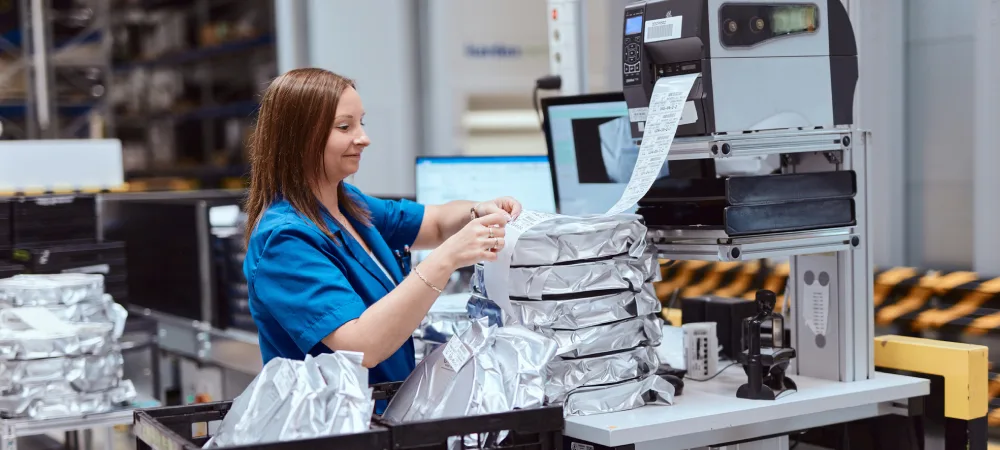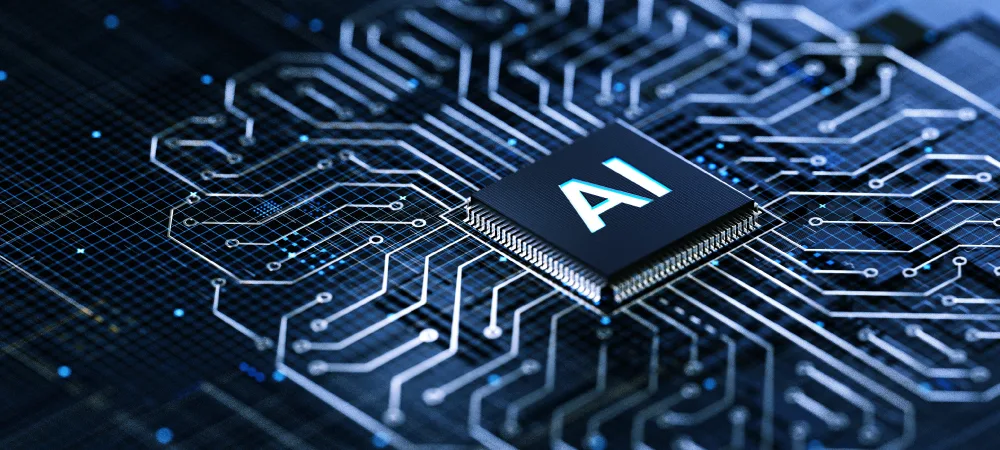More Sustainable Economic Growth With AI

A recent study illustrates how artificial intelligence and data-driven technologies can decouple economic growth from CO2 emissions. Titled "The Longevity Key for Business," the report was published by PwC Germany, Microsoft, and the Environmental Change Institute at Oxford University. It emphasizes the potential of AI to enable sustainable business transformations and create new, innovative business models. The paper is based on extensive research and interviews with over 50 executives.
AI analyzes wind turbines
Data and AI can assist companies in developing new, sustainable business models that enhance efficiency and long-term value. One notable example is a wind turbine manufacturer that leverages AI to optimize energy yield. This is achieved by analyzing wind conditions and increasing energy production.
The integration of AI and data technologies to leverage sustainability data has the potential to generate significant savings, up to 600 billion euros annually across various industries. This demonstrates the significant financial return on investment that sustainability initiatives can generate. For instance, a stainless steel manufacturer successfully reduced energy consumption in production by 10 percent through the implementation of AI. This has led to a reduction in environmental impact and enhanced financial performance. AI's potential to reduce global CO2 emissions in sectors such as energy, transportation, and manufacturing is significant. The potential annual savings in this sector could reach up to two gigatons.

Data and AI in the energy sector
Data and AI are already being used in the energy sector to increase the performance of renewable energy sources. A recent case study showed that wind farms were able to increase their energy production by 20 percent by using AI to analyze real-time wind data and turbine performance. This equates to an additional 425-terawatt hours (TWh) of clean energy annually.
Sustainability in manufacturing looks like this: AI-driven solution enables companies in the manufacturing sector to reduce energy consumption and increase production, leading to both ecological and economic benefits. One company, for example, has succeeded in using AI-based optimizations not only to reduce energy consumption, but also to increase factory productivity, resulting in significant ecological and economic gains.








